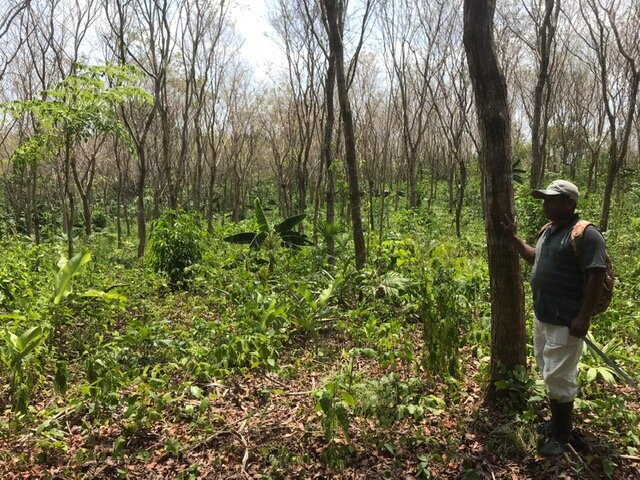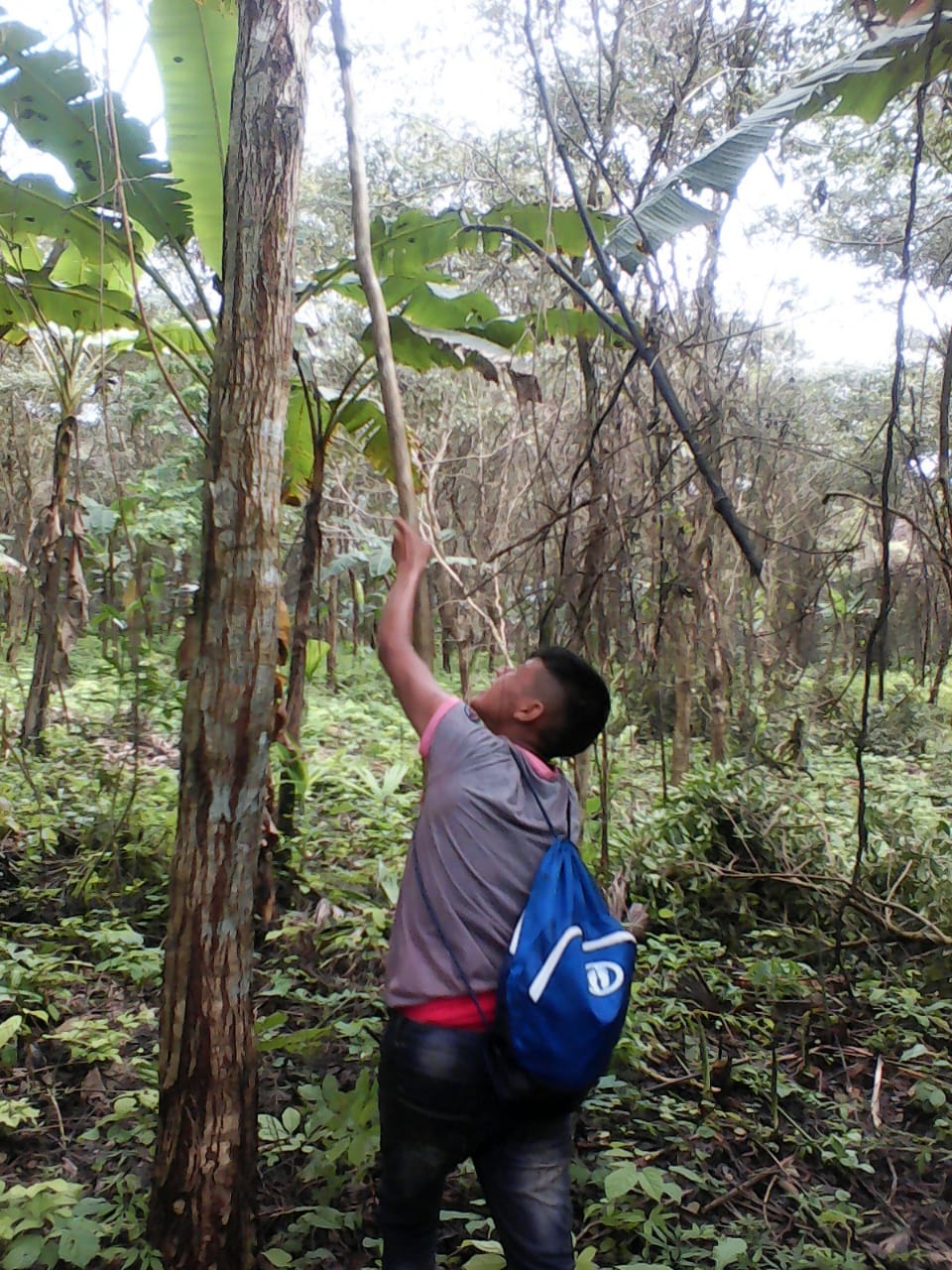Economic Development vs. Conservation
/ Indigenous girls from Arimae perform a traditional dance"Don’t you think you’re ruining the traditional values and culture of this community by introducing technology into it?”
Indigenous girls from Arimae perform a traditional dance"Don’t you think you’re ruining the traditional values and culture of this community by introducing technology into it?”
A young tourist posed that question to me during her recent visit to our indigenous partner community Arimae. She opposed the idea of teaching computer classes in what was supposed to be an authentic indigenous village (She did, however, take advantage of the computers to check her email).
It is tempting for us to romanticize indigenous communities living in the rainforest. We like the idea of primitive tribes who remain isolated from the progress of the modern world, choosing to live in harmony with the rainforest just like their ancestors.
The reality is different. Even while these communities may preserve their traditional values and cultures, they strive for economic development in order to provide better livelihoods for themselves and their families. Often, this comes at the expense of forest conservation.
The Center for International Forestry Research (CIFOR) conducted a survey among forest dependent communities in Indonesia that concluded that although traditional communities rely on forests for food, shelter and income, their main priority is not conservation but improving their economic livelihoods. In their blog post Romanticizing Life in the Forest a Danger for REDD+ Laurene Feintrenie of CIFOR writes:
Whatever the community’s attachment to traditional livelihoods and beliefs, if they have to choose between economic development and forest conservation, they rarely choose the latter.
Understanding that forest dependent-populations are not conservationists by nature is an essential tenet that must not be overlooked when creating forest policy and other programs to address the lack of development in these communities. As such, we designed our impact investments to provide community partners with better economic opportunities while promoting conservation and sustainable land management practices.
Communities should not have to choose between conservation and economic development when working to achieve better livelihoods.



